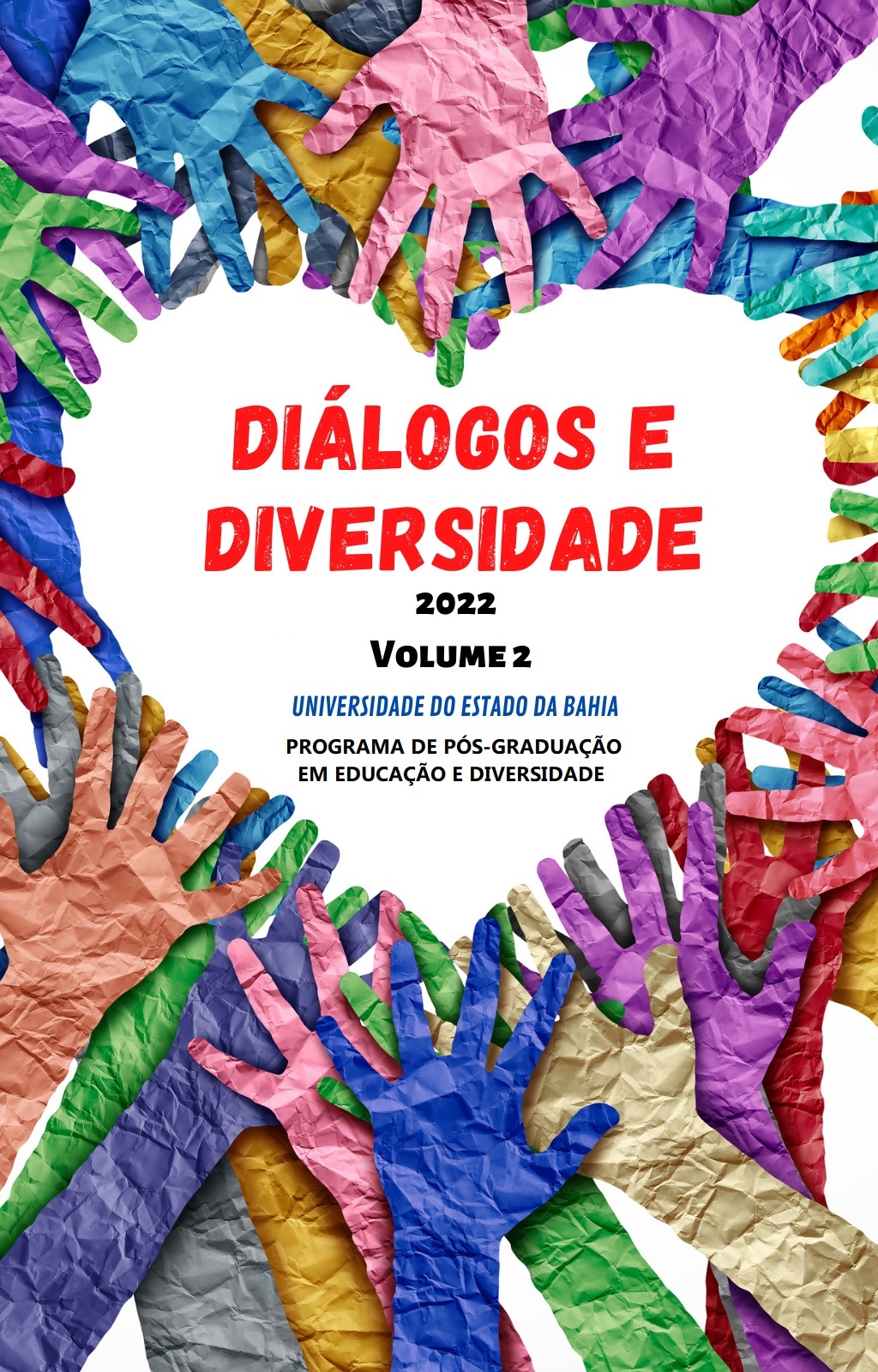THE NON-ALIBI OF THE LANGUAGE TEACHER AND THE USE OF DIGITAL MEDIA TO TRAIN READERS WITH JOURNALISTIC GENRES
Keywords:
Non-alibi, Reading, Digital MediaAbstract
The general objective of this paper is to investigate a variety of technological media that favor the potential and development of dialogic reading in the alterity between me for myself, me-for-the-other and the-other-for-me aimed at hight school. As specific objectives we have: a) identify media readings, which seek to enable young readers' motivations; b) Analyze audiovisual media that enable the formation of the reader with journalistic genres. We will start from the theoretical foundation exposed on the pedagogy of alterity Santos (2013); reading: an act of responsible and responsive understandings Xavier (2020); each one's non-alibi in existing Bakhtin (2017); education as a responsible response in Kramer (2013); Bakhtin says all or nothing to educators Geraldi (2013) and other Bakhtiniana views. The qualitative analytical research methodology will identify the most relevant media by dividing into two categories verbal, non-verbal and audiovisual found virtually. The results show that there is a variety of genres found online that allow the construction of meanings designed to provoke responses from the interlocutor (the other) who reacts verbally or gesturally in an active way, which can enable dialogue between teachers and students and leads us to show that there is no there is an alibi for this interaction do not to happen.
Downloads
References
BAKHTIN, M. M. Para uma filosofia do ato responsável. Tradução de: MIOTELLO, V.; FARACO, C. A. São Carlos: Pedro & João Editores, 2010.
GERALDI, J. W. Bakhtin tudo ou nada diz aos educadores: os educadores podem dizer muito com Bakhtin. In.: FREITAS, M. T. A. (Org.). Educação, arte e vida em Bakhtin. Belo Horizonte: Autêntica, 2013, p. 11-28.
KRAMER, S. A educação como resposta responsável: apontamentos sobre o outro como prioridade. In.: FREITAS, M. T. A. (Org.). Educação, arte e vida em Bakhtin. Belo Horizonte: Autêntica, 2013, p. 29-46.
MOREIRA, H. e CALEFFE, L.G. Metodologia da pesquisa para o professor pesquisador. 1ª ed. Rio de Janeiro: Lamparina, 2008.
SANTOS, E. C. Uma proposta dialógica de ensino de gêneros acadêmicos: nas fronteiras do Projeto SESA. 2013. 418p. Tese (Doutorado em Linguística) – Centro de Ciências Humanas, Letras e Artes, Universidade Federal da Paraíba, João Pessoa, 2013.
XAVIER, M. M. Educomunicação em perspectiva dialógico discursiva. São Paulo; Campina Grande: Mentes Abertas; EDUFCG, 2020.
Downloads
Published
How to Cite
Issue
Section
License
Direitos Autorais
A submissão de originais para a Revista Diálogos e Diversidade (RDD) implica na transferência, pelas(os) autoras(es), dos direitos de publicação. Os direitos autorais para os manuscritos publicados nesta revista são das(os) autoras(es), com direitos da RDD sobre a primeira publicação. As(os) autoras(es) somente poderão utilizar os mesmos resultados em outras publicações indicando explicitamente a RDD como o meio da publicação original.
Licença Creative Commons
Exceto onde especificado diferentemente, aplicam-se à matéria publicada neste periódico os termos de uma licença Creative Commons Attribution-ShareAlike 4.0 International License, que permite copiar e redistribuir o material em qualquer suporte ou formato, adaptar, remixar, transformar, e criar a partir do material para qualquer fim, mesmo que comercial, dando o crédito apropriado, prover um link para a licença e indicar se mudanças foram feitas, distribuindo as suas contribuições sob a mesma licença que o original, não podendo aplicar termos jurídicos ou medidas de caráter tecnológico que restrinjam legalmente outros de fazerem algo que a licença permita.



 Esta obra está licenciada com uma Licença
Esta obra está licenciada com uma Licença 